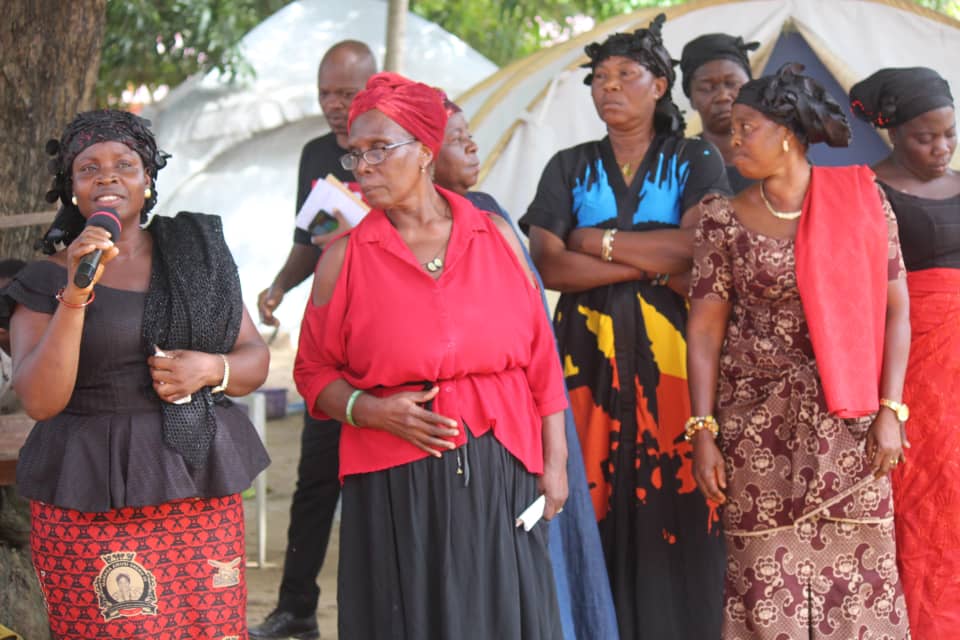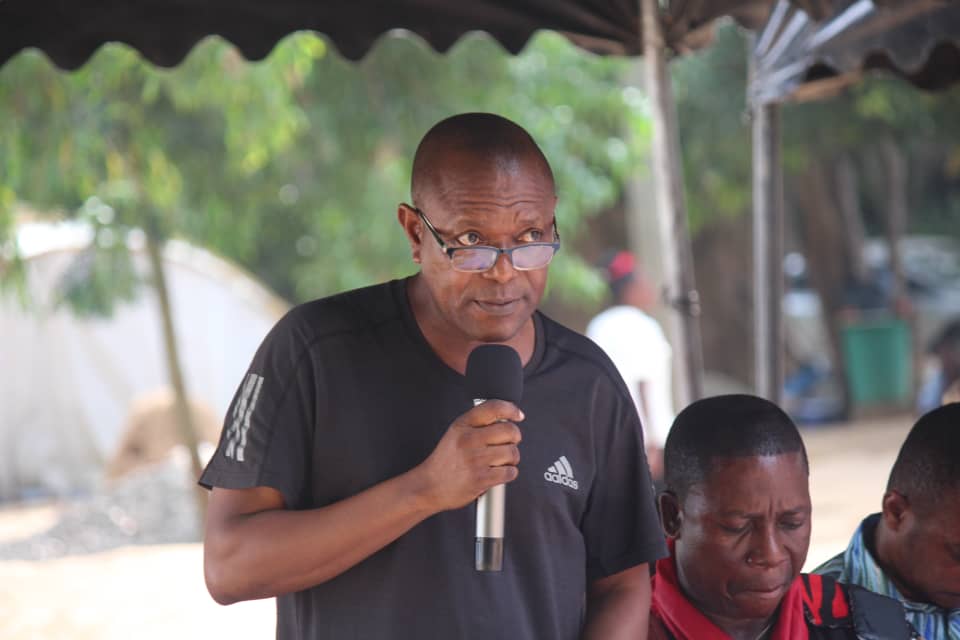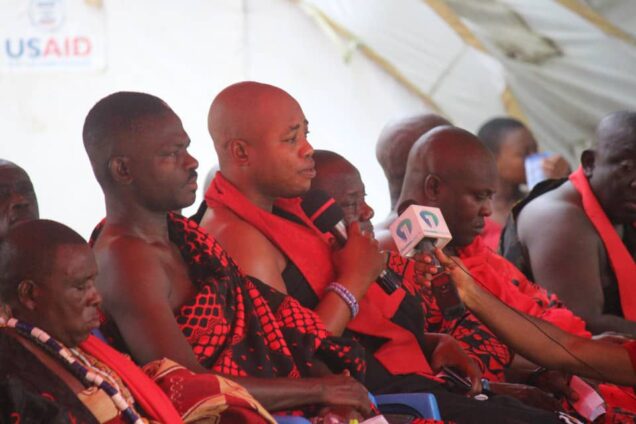The Akosombo Dam floods were not just a natural calamity; it was a test of governmental commitment to its citizens. One year later, that test remains unpassed.
The anniversary of the disaster, marked by a gathering at the Degorme camp in Mepe, underscored the glaring gaps in disaster management and recovery efforts.
Despite occasional visits by government officials, tangible support remains absent. Over 200 individuals still live in makeshift shelters, battling exposure to harsh weather and health risks.

The MDA’s expenditure of over GH₵100,000 on camp maintenance is a testament to the community’s resilience but also highlights the absence of state intervention.
The Member of Parliament for North Tongu, Samuel Okudzeto Ablakwa, is leading efforts to seek legal redress. His initiative raises questions about governmental accountability and the mechanisms in place for disaster compensation.
The community’s demands, including compensation, housing, and psychological support, are not extraordinary—they are basic expectations in the wake of such disasters. The lack of response points to systemic inefficiencies that need urgent attention.

The disaster has reignited calls for a comprehensive national policy on disaster management. Stakeholders argue that such policies must prioritise prevention, swift response, and adequate post-disaster support.
Mepe’s proactive steps—conducting detailed data collection, maintaining the Degorme camp, and initiating vocational training projects—set an example of grassroots resilience. However, such efforts cannot replace the need for robust state action.
As Mepe remembers its darkest hour, the question lingers: Will the government rise to the occasion, or will the cries of displaced people fade into oblivion?

Chairman of the Mepe Development Association (MDA), Fabian Mawulenu Kojo, in his speech, highlighted the lingering struggles of the affected and the perceived failure of state intervention.
He said the government and its allied agencies should adequately and properly engage the Mepe Development Association, the traditional council and all other relevant stakeholders within the locality in all its engagements for the successful implementation of any of its intended interventions.
Latest Stories
-
BCI takes free breast cancer screening to Mampong Okuapeman
17 mins -
Measuring the Green Wealth of Nations: Natural capital and economic productivity in Africa
24 mins -
COP29 protest: Global call for plant-based treaty gains momentum
38 mins -
We drew EC’s attention to Ahafo, Volta ballot papers anomalies – NDC
50 mins -
Supreme Court steadily chipping away at Parliament, breaching separation of powers – Tony Aidoo
1 hour -
‘I sold my car and land to organize Ghana’s biggest boxing bout’ – Alex Ntiamoah
2 hours -
We can build a judiciary system that is truly citizen-centred – Chief Justice
2 hours -
CID has done nothing about alleged NPP fake news attacks against Mahama – Tanko-Computer
2 hours -
Traditional rulers to resolve recent clash between GIS officers and Shia residents in V/R
3 hours -
Charles Goh: Government must address Tema-Dawhenya-Prampram traffic, alternative roads
4 hours -
Nana Akosua Addobea launches Cocoa Kente to honour Cocoa farmers and Tetteh Quashie
4 hours -
Black Stars return to Accra after Angola draw seals AFCON qualifying failure
4 hours -
A year on: Mepe marks Akosombo floods, demands accountability from government
4 hours -
Vacant seats saga: We can continue business in Parliament after elections – Agbodza
5 hours -
Vacant seats controversy: I agree with Supreme Court judgement – Gary Nimako
5 hours

